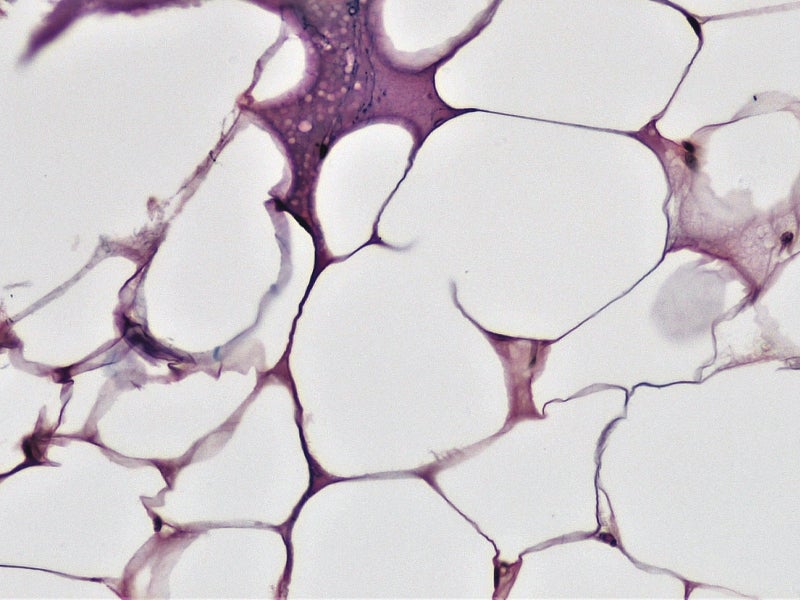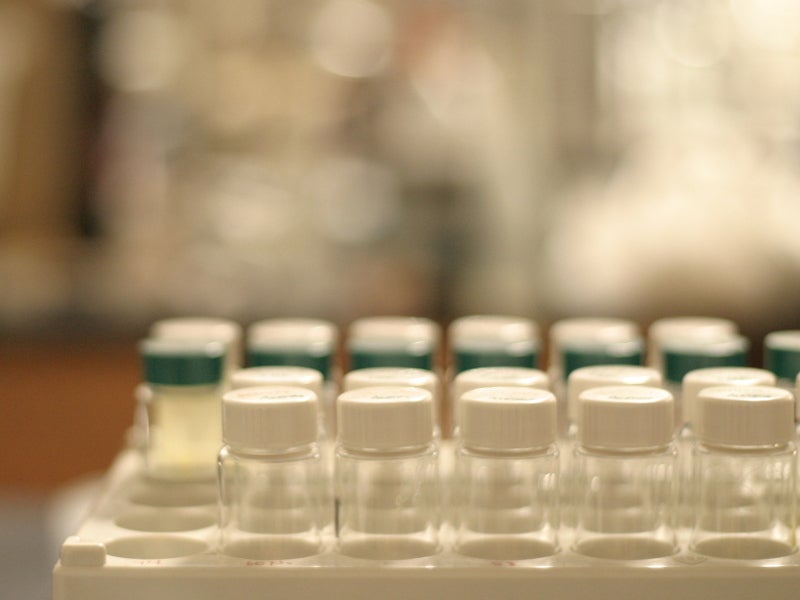Myalepta® (metreleptin) is a recombinant human leptin analogue indicated to treat complications of congenital or acquired generalised lipodystrophy.
The drug was developed by AstraZeneca, which divested it to Aegerion Pharmaceuticals in November 2014. Aegerion Pharmaceuticals merged with QLT in June 2016 to form a combined company known as Novelion Therapeutics.
Metreleptin received orphan drug designation in August 2001. It was approved by the US Food and Drug Administration (FDA) as a diet supplementary replacement therapy to treat generalised lipodystrophy in February 2014. The drug is marketed under the brand name Myalept® in the US.
The European Medicines Agency’s (EMA) Committee for Medicinal Products for Human Use (CHMP) granted a positive opinion to Myalept for the treatment of lipodystrophy in June 2018. The European Commission (EC) approved the drug under the brand name Myalepta in July 2018.
Myalepta is one of the first approved medications for the treatment of lipodystrophy in Europe.
Lipodystrophy causes and symptoms
Lipodystrophy is a rare condition caused by a deficiency of the leptin hormone. Leptin is produced in the adipose tissues and is responsible for fat and glucose metabolism.
Lipodystrophy can be generalised or partial. Generalised lipodystrophy affects the whole body, while partial lipodystrophy typically causes fat loss from the hands, legs, head or torso.
The condition leads to adipose tissue loss and uneven distribution of fat in the body. It causes men to be more prone to fat loss, whereas women with the condition tend to accumulate fat. If left untreated, it can potentially cause other critical metabolic disorders such as diabetes and organ dysfunction.
Lipodystrophy is estimated to affect up to four individuals out of one million people worldwide. Some of the common symptoms of the condition are an increase in waist and breast size and fat accumulation around neck, jaw and upper back, as well as subcutaneous fat loss in all parts of the body.
Myalepta – mechanism of action
Myalepta is a recombinant form of natural human leptin available for subcutaneous injection. It is produced in E.coli and features a methionine residue insertion at its amino terminus.
The drug binds to and activates the human leptin receptor in the hypothalamus of the individual.
Myalepta is available as a sterile, solid lyophilised solution in an 11.3mg vial. The drug is reconstituted either with bacteriostatic water for injection (BWFI) or preservative-free sterile water prior to administration.
Clinical studies on Myalepta
The EMA’s approval of the drug was based on the outcomes of a safety and efficacy study conducted in paediatric and adult patients with lipodystrophy. The primary endpoints of the long-term, open-label, single-arm clinical study were changes in blood glucose levels and triglycerides levels.
At the end of 12 months, patients administered with the drug showed significant improvement in average glucose and triglyceride levels in the blood. A mean change of -2.2% was noticed in average blood glucose levels and -32.1% in triglyceride levels from baseline to month 12.
In addition, 41% of patients that were previously being treated with insulin were insulin-free post-treatment. Therapies could be discontinued during treatment with Myalepta in approximately 22% of patients, that were on prior oral anti-diabetic treatment, and 24% patients that were on lipid-lowering treatments.
Some common adverse events reported during the clinical trial were low blood glucose levels, weight loss, reduced appetite, abdominal pain, headache and nausea, as well as baldness, fatigue, menorrhagia, injection site-related reactions and neutralising antibody formation.





